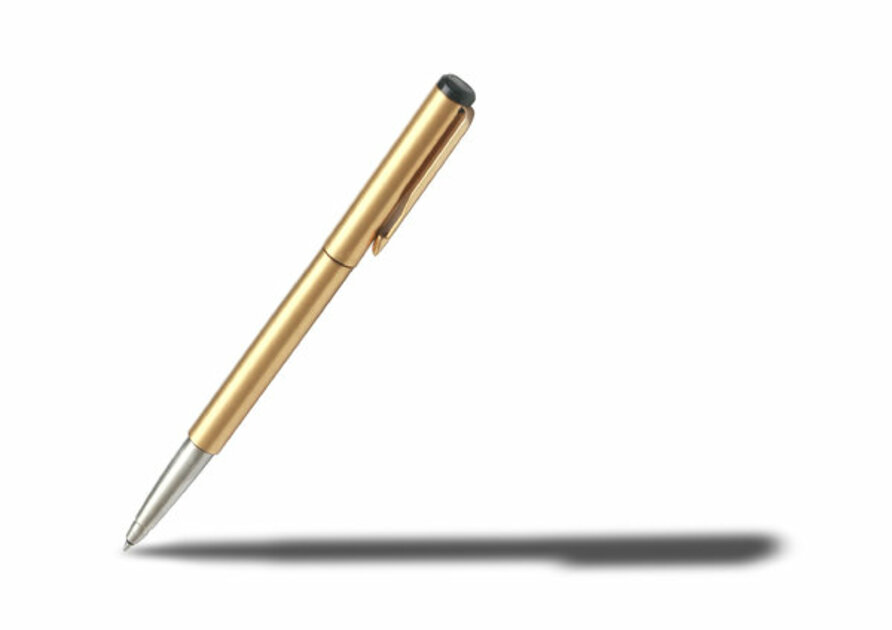
Chanoch l’naar al pi darko. (Mishlei 22:6)
Mishlei teaches us that each person has his or her own derech and requires chinuch to grow into the next developmental stage based on their derech at each time of their lives. We are most likely to help a child or adult grow when we know that individual’s temperament, cognitive level, and emotional state, and we adjust our chinuch accordingly, not based solely on how old they are.
Mishlei says chanoch l’naar al pi darcho. When Yehoshua was referred to as the naar who never left Moshe’s presence, Yehoshua was an adult. Sometimes the term naar is applied to anyone willing to learn from someone else, which should be every one of us.
The Mishna in the fifth perek of Avos gives us age-based criteria for growth, fixed chronological stages rather than al pi darcho levels of readiness.
He [Shmuel haKatan, according to many commentators] used to say: Ben chameish shanim l’mikra, ben eser l’Mishnah, ben shalosh esrei l’mitzvos, etc. Five years old for texts, age ten for Mishna, age thirteen for mitzvos, etc.
Even in the time of the Gemara, there was discussion as to how rigidly this Mishna should be applied.
Rav Yitzchak said: In Usha it was enacted that a person should misgalgeil im bno until his son is twelve years old. [m’galgeil im bno: If his son does not want to study, he should speak to him calmly and with soft words; Rashi] From then on [after age 12], yoreid imo l’chayav. [Kesuvos 50a]
Rashi explains yoreid imo l’chayav to mean his father should afflict him [to force him to learn]. The Maharsha notes Rashi and then offers the following alternative interpretation: If it is impossible for a child to learn [Torah], teach him a vocation. (ibid.)
Rav told Rav Yehuda bar Shailas [who was a teacher of young children; Rashi] that he should not accept a child under the age of six. (Kesuvos 50a)
The Mishna in Avos says that formal instruction begins at age 5, the Gemara says age 6 or 12. Tosfos there address these apparent discrepancies and the Pnei Yehoshua discusses them at length.
The Maharal has an interesting comment here. He posits that these fixed ages refer to taking a child into a school setting where the child will be under pressure to learn, [unlike the gentle learning environment he is offered at home]. (Derech Chaim on Avos 5:21)
Placing a child into a learning environment that is too stressful for him can cause long term harm.
Rav K’tina said: Anyone who brings his son to school when he is younger than six years old will run after him and not reach him. (Kesuvos 50a)
[The child’s father will] run after him: to heal and revive him (Rashi).
And not reach him: the child is in mortal danger due to weakness (Rashi).
The Gemara entertains the possibility that run after him and not reach him alludes to his classmates who will be unable to catch up with a precocious child who began school before he was six years old.
The Gemara explains that a weak child could be endangered if placed into a school situation prematurely, while a healthy child could benefit from the early start.
The Maharsha cautions that a child’s well being could be jeopardized if his parents do not discern between a weak child and a healthy one. Clearly, age should not be the sole determinant of readiness.
So far we’ve seen ages 5, 6, and 12 proposed as landmarks in chinuch. There are more.
They decreed that [teachers] should be set up in each and every district. And they would bring [the students] in at age 16 or 17. (Baba Basra 21a)
Yet another Gemara determines a fixed range of ages based on our pasuk in Mishlei!
Chanoch l’naar al pi darko: Rabi Yehuda and Rabi Nechemya [disagreed]. One said [it refers to] ages 16 until 22, and one said ages 18 until 24. (Kidushin 30a)
This may be explained as teaching a child based on his nature. Some children are able to accept correction at age 16 while others not until age 22. This will depend on the child’s intelligence and nature. According to the other opinion, some at age 18, others not until age 24. (Maharsha)
In contrast, there is a Gemara which seems to rely solely on the individual child’s level of development.
When a child is able to guard tefillin [maintain hygiene while wearing them], his father buys him tefillin. (Succah 42a)
I digress to share a thought on this Gemara from the Ben Ish Chai.
Only his father with whom he lives knows his nature and conduct, whether he is capable. This is why he is required to buy him tefillin for chinuch. (Ben Yehoyada, ibid.)
The Torah Temimah (Shemos 13:10) points out that prior to age 13, a child who is able to maintain hygiene may put on tefillin for chinuch. At age 13 he is mandated by Torah law.
The musar haskail from all of this is clear. We expect children to meet expectations based on their chronological age, and many do. When a child does not, we have to learn that child’s developmental age, adjust our expectations, and help that child grow. Only his parents with whom he lives know his nature and conduct, and can learn how to help him al pi darcho. It can be difficult. L’fum tzaara agra, and the reward is nachas.
Rabbi Yitzchak Shmuel Ackerman is a Licensed Mental Health Counselor with specialties in marriage, dating, and parenting.
He is the author of Confident Parents, Competent Children, in Four Seconds at a Time Available at bookstores and on Amazon.
He can be reached at 718-344-6575.

 Previous
Previous

